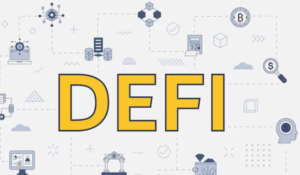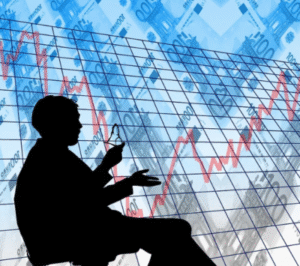$EWY $KF
#SouthKorea #HanDuckSoo #Impeachment #PoliticalNews #JusticeSystem #Government #Leadership #Democracy #LegalDecision #AsianPolitics #PoliticalStability #WorldNews
In a significant turn of events that has captured the attention of both national and international observers, South Korea finds itself at the center of political discourse following the Constitutional Court’s decision on the impeachment of Han Duck-soo. The court, in a decisive vote, dismissed the impeachment of Han, reinstating him as the acting president of South Korea. This verdict came after a deep deliberation that saw a 5-1 vote in favor of Han, with two justices out of the eight-member bench rejecting the motion entirely, as reported by local media outlets. This outcome not only underscores the judicial independence within South Korea’s political framework but also reinstates a sense of political stability in the short term.
The implications of this decision reach far beyond the reinstatement of Han Duck-soo. It highlights the robustness of South Korea’s democratic institutions and the checks and balances inherent within its system. The dismissal of the impeachment emphasizes the high threshold for impeachment proceedings, designed to prevent their misuse for political gain. This case, being a precedent, may have far-reaching consequences on future political proceedings and the interpretation of law and power within the country. It’s a reaffirmation of the judiciary’s role as an arbiter in the political arena, capable of shaping the country’s political landscape.
From a financial perspective, the reinstatement of Han Duck-soo as acting president is likely to have immediate effects on South Korea’s financial markets and economic policies. Historically, political stability is a crucial factor for investors and markets, with the potential for significant impacts on the country’s economic outlook. The Exchange-Traded Fund (ETF) representing South Korean stocks, such as $EWY, along with the broader market symbols that include South Korean financial interests like $KF, could see fluctuations in response to this political development. Investors and market analysts will be closely watching the aftermath of this decision for cues on South Korea’s economic direction and policy stability in the coming months.
Moreover, this event sends a message to the international community regarding South Korea’s political maturity and the strength of its democratic institutions. It is a testament to the country’s legal framework and its ability to handle complex political challenges with due diligence and integrity. The global audience, including foreign investors, diplomats, and political analysts, will likely view this development as a positive indicator of South Korea’s political and economic stability. As the country navigates its path forward, the world will be watching how Han Duck-soo’s leadership will influence South Korea’s international relations, economic policies, and its role on the global stage.











Comments are closed.